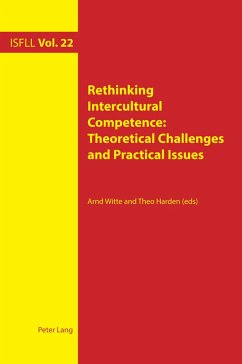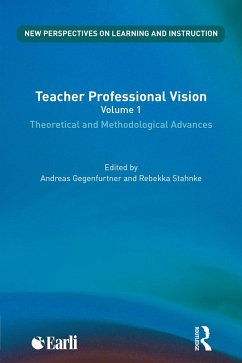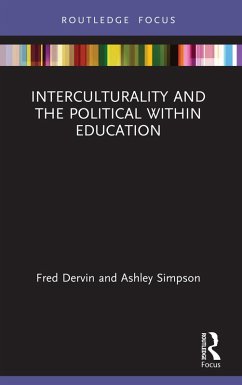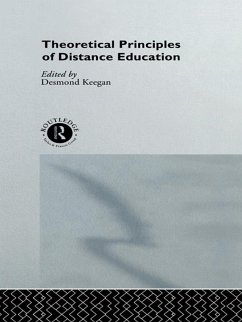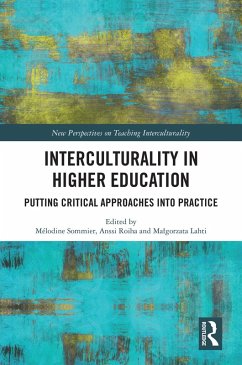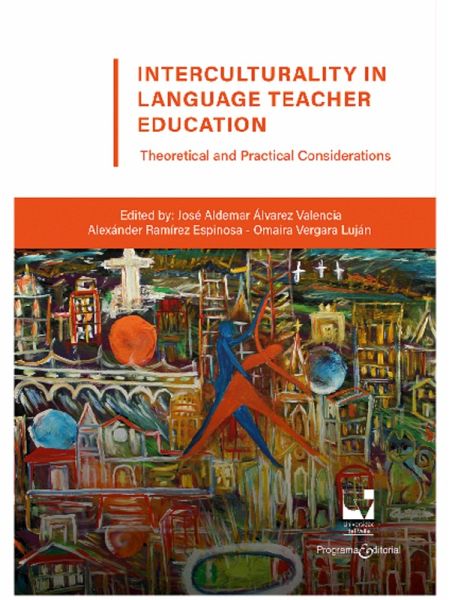
Interculturality in Language Teacher Education: Theoretical and Practical Considerations (eBook, ePUB)

PAYBACK Punkte
0 °P sammeln!
The desire to develop more intercultural focused language teaching and learning has grown significantly and to date there has been a lot of attention given to theoretical issues around the nature of interculturality and what it means for language education, and also around the educational practices of intercultural language teaching and learning. This work has shown that moving to an intercultural perspective in language teaching and learning is complex and multifaceted, and often challenging for teachers. However, to date, there has been less focus on teacher education and how new teachers ca...
The desire to develop more intercultural focused language teaching and learning has grown significantly and to date there has been a lot of attention given to theoretical issues around the nature of interculturality and what it means for language education, and also around the educational practices of intercultural language teaching and learning. This work has shown that moving to an intercultural perspective in language teaching and learning is complex and multifaceted, and often challenging for teachers. However, to date, there has been less focus on teacher education and how new teachers can be prepared to bring an intercultural perspective into the language classroom. This book is thus a very important contribution to the development of educational practice, and to intercultural oriented thinking in teacher education. Moving towards an intercultural orientation in language education is actually a significant shift in educational thinking. Although culture has often been a focus in language education, and teachers and teacher educators have often considered the inclusion of cultural content to be synonymous with interculturality, recent work has shown that this is far from the case. Educational practice has been an inheritor of a deeply embedded ideology of culture that associates cultures with nations and languages in fixed and ultimately stereotypicalised ways. This ideology, which Bayart (2002) refers to as 'culturalism', constructs cultures and nations in terms of boundaries between 'us' and 'them' that create sets of differentiated national identities. The nation is seen as an entity that is distinct linguistically and culturally from other nations. Educational approaches have thus often presented the culture of the other in ways that focus on perceived differences and position language learners as analysts of these differences. This positioning reinforces the idea that 'we' and 'they' are different and sees the educational goal as knowing the differences that exist with national cultures
Dieser Download kann aus rechtlichen Gründen nur mit Rechnungsadresse in A, B, BG, CY, CZ, D, DK, EW, E, FIN, F, GR, H, IRL, I, LT, L, LR, M, NL, PL, P, R, S, SLO, SK ausgeliefert werden.




